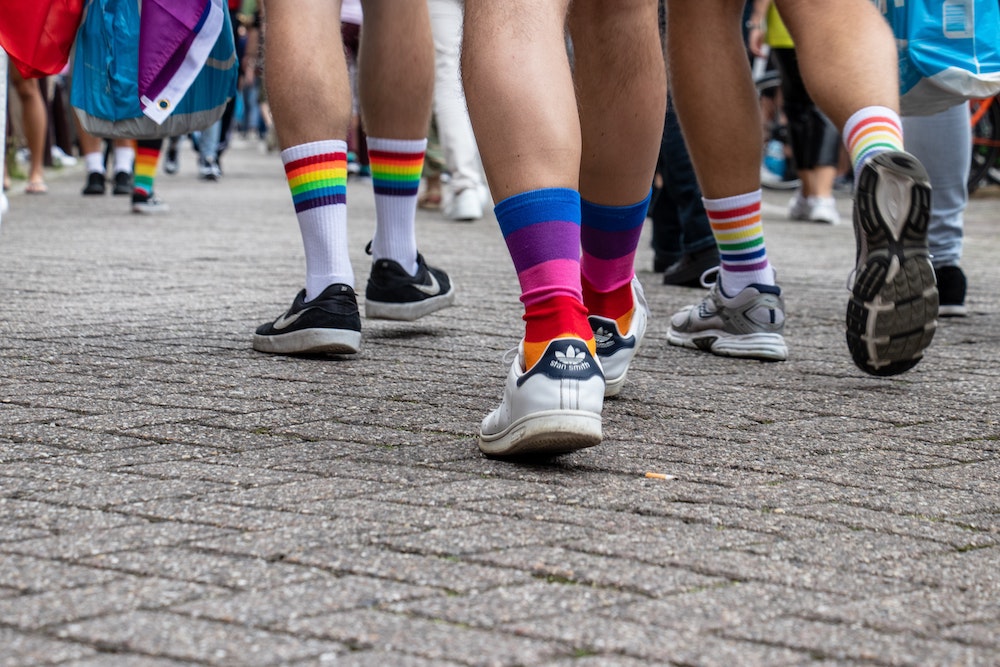Voting While Trans & Nonbinary

Arianna was first published at 168 months of age.
Many of us know that it is a privilege to exercise your right to vote; however, it isn’t always as simple a task as completing a form in order to fight for the change we wish to see in the world. Voting polls often require photo identification, and for folks who identify within the gender binary or the sex they were born as, photo ID is not a big deal. However, the barriers remain relevant for our trans and nonbinary community.
With strict identification laws across the United States, having an ID that does not match a voter’s gender identity or presentations leads to discrimination at the polls. The Williams Institute at the UCLA School of Law stated over half a million transgender individuals will be eligible to vote, but over 300,00 will have trouble at the polls. In addition to these numbers, 68 percent of transgender folks did not have an ID that matched their name or gender identity.
The barriers do not stop there. Getting identification that matches a person’s true name and gender comes with its own troubles. Updating a person’s name and gender could amount to $500 in legal fees. People experiencing financial troubles will have to overcome another obstacle in order to update their identification documents. Some states even require a physician’s note, requirements of surgery, a court order, and newspaper publication in order to make these changes.
Because of the lack of proper identification, trans voters may face disenfranchisement in the upcoming November election.
Carol told NewNowNext, “I really have to talk myself into voting every time. I know it’s important, but I’ve dealt with laughter and strange looks and double-takes from some of the polling attendants in the past. Pretty much every time I go vote, there is an incident like that. And I just kind of have to keep my head up and try not to acknowledge it so much. But … it can definitely be a barrier for trans people having their vote count. You hand somebody your ID, and they look at you five times. They’re like, ‘Are you sure this is you?’ And I have to be like, ‘Yes. I know who I am.’”
States with strict voter ID laws are Kansas, Indiana, Tennessee, Virginia, Alabama, Georgia, Wisconsin, and Mississippi.
Colorado is fortunate enough to rule under Jude’s Law, which eliminates the barriers of a doctor’s note, among other things. Being aware of the privilege one has in living in a state that makes it easier for nonbinary and transgender folks to change their verifications is just another motive to hit the polls so others in the community can have that luxury.










